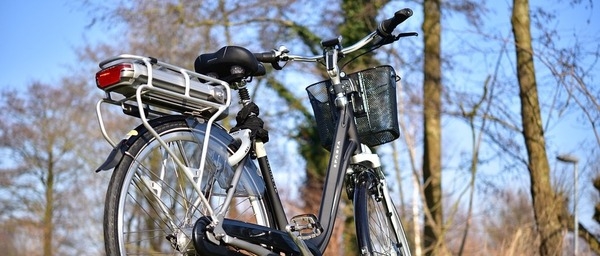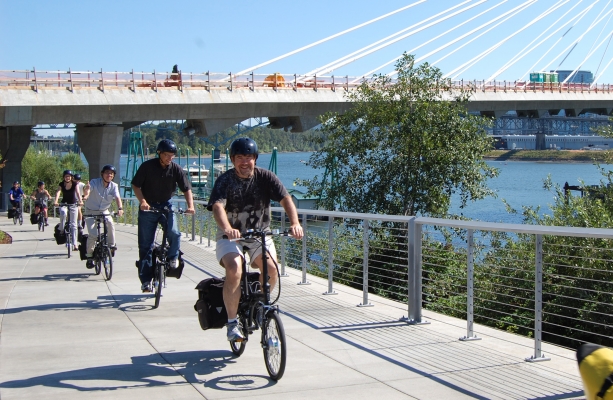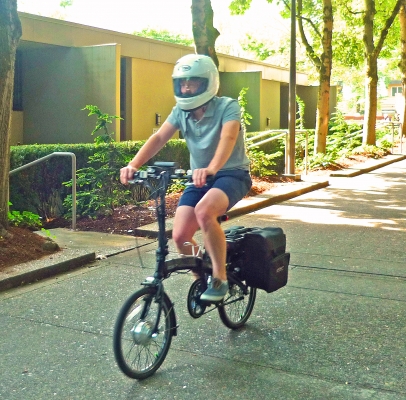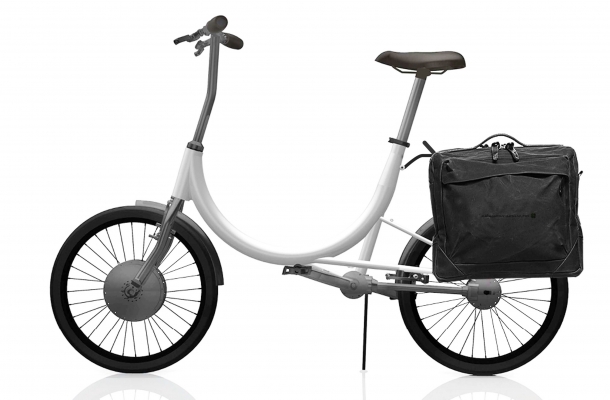If more drivers switched seats to a bicycle, there would be immediate and tangible benefits on the road. Widespread adoption of bike commuting could improve public health through increased physical activity and reduced carbon emissions, as well as ease the burden on congested roads. However different lifestyle demands, physical ableness, and varied topography create an unequal playing field that prevents many from replacing their car trips.
Electric bicycles (e-bikes) are a relatively new mode of transportation that could bridge this gap. If substituted for car use, e-bikes could substantially improve efficiency in the transportation system while creating a more inclusive biking culture for people of all ages and abilities.
A newly published NITC study by John MacArthur of...
Read more



